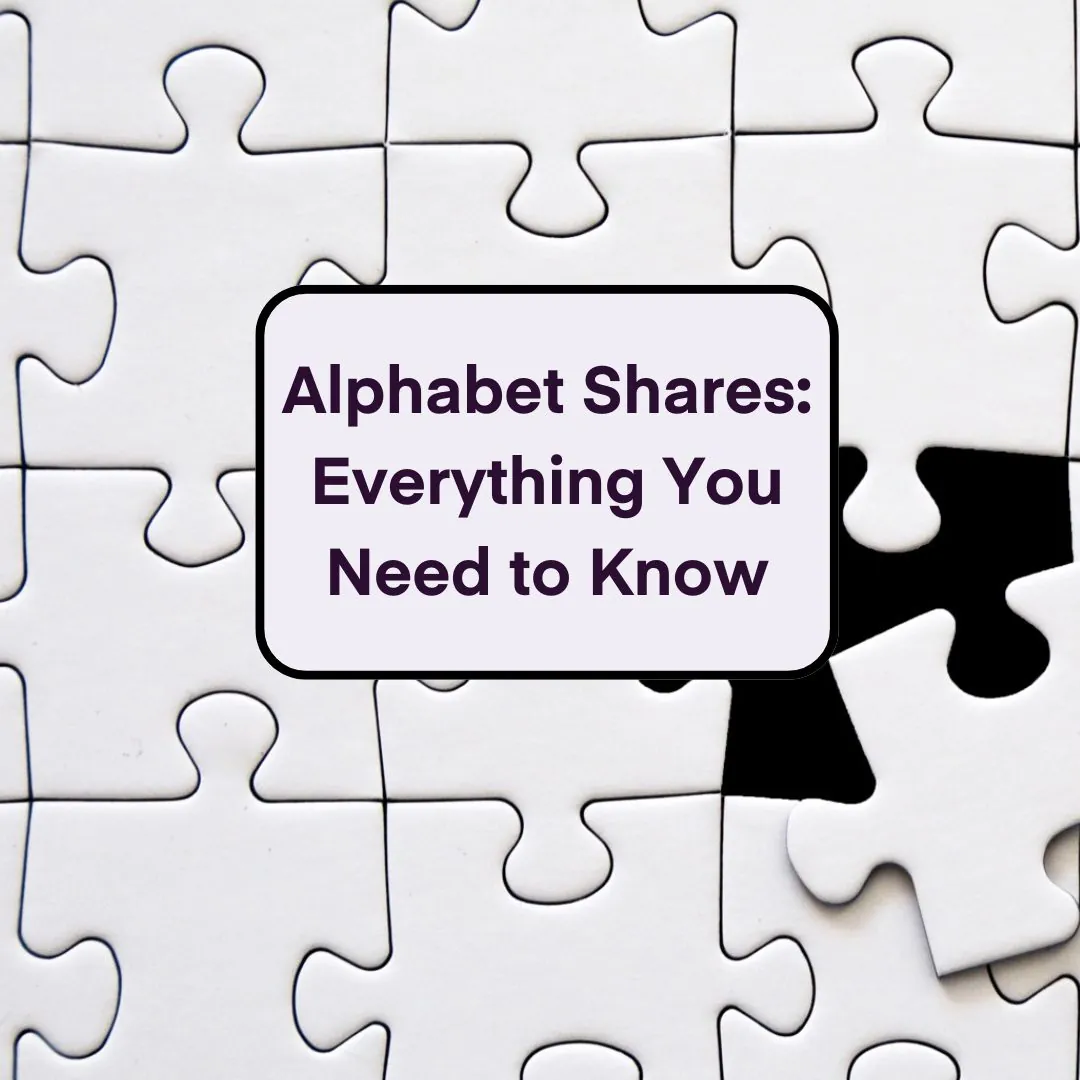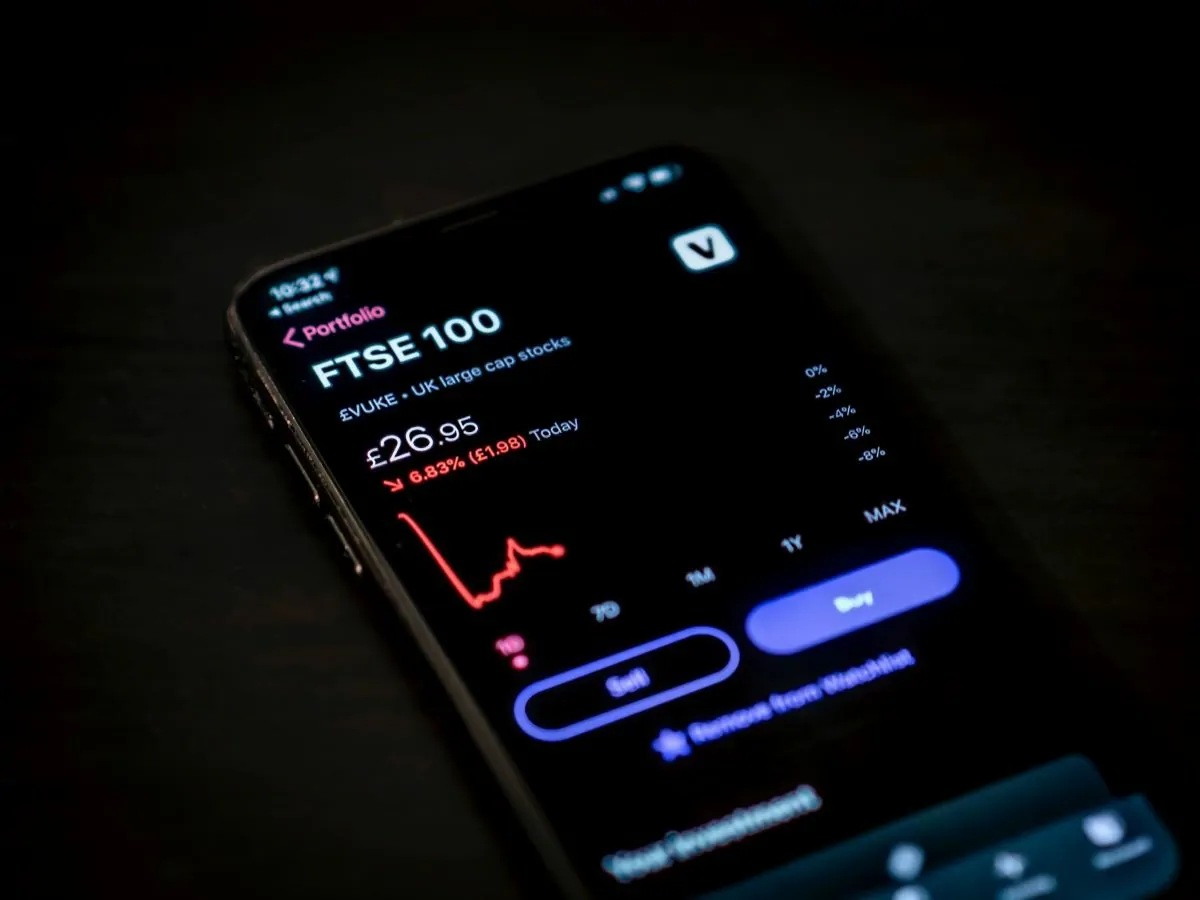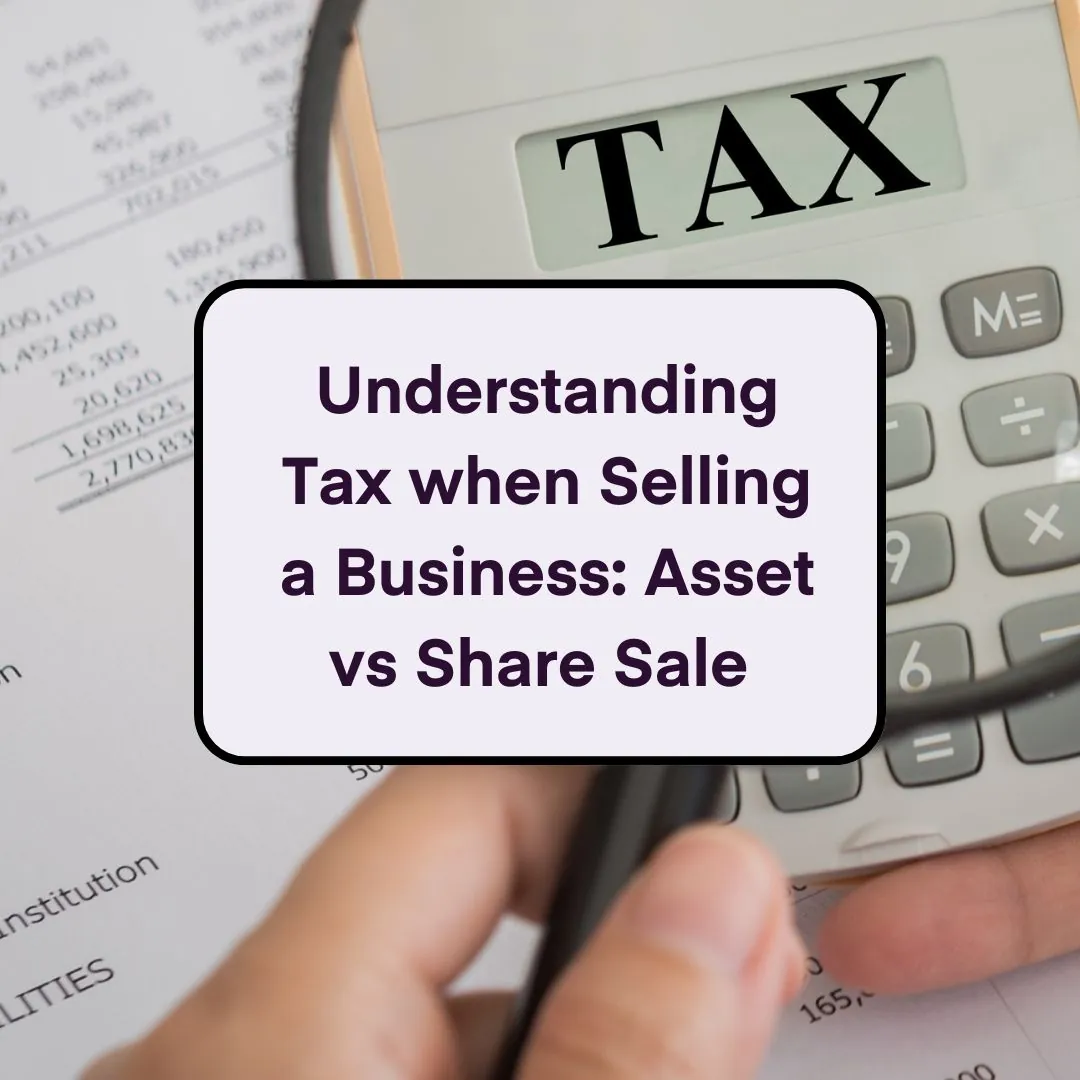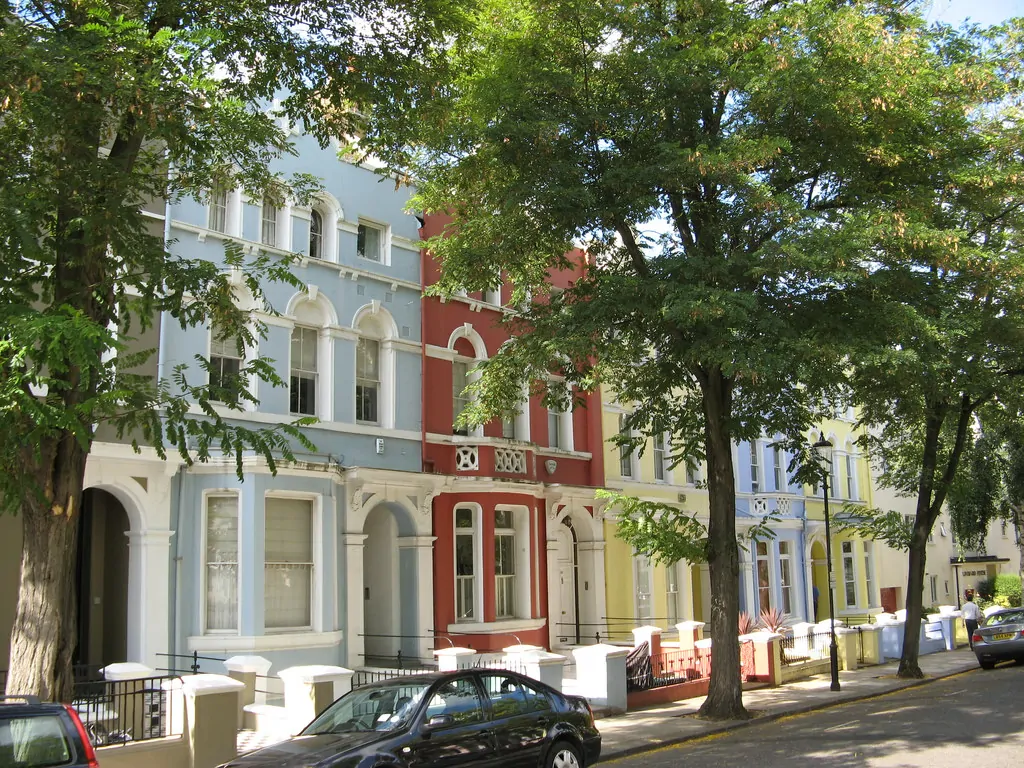
Allowable Expenses and Claiming Tax Relief
12 Feb 2020Did you know certain business expenses are eligible for tax relief? Otherwise known as allowable expenses.
This is especially true when you’re in a small business. You may be the only one in your team, which means there’s no fount of knowledge to turn to when you need something explained.
Fear not - we are here to help.
Doing your tax return can be a daunting task, particularly when ironing out the finer details like allowable expenses. So, our team of tax accountants have simplified the expense side of things for you, breaking down what expenses are allowable, and the ones that aren’t.
Get in touch with them today for further advice, or try our instant quote tool and one of them will contact you shortly.
How do you know if it’s an allowable expense?
The big question to kick off with is how do you know what is a tax-deductible expense and what isn’t?
For an expense to be tax deductible, it must have been incurred when you were carrying out the business or trying to attract new business.
Let’s look at a few of the most common types here. We’ll also look at a few disallowable expenses – ie. items that can’t be offset against tax.
Supplies
These are goods you buy in to sell to your customers. They’re also the components you use to make goods to sell or goods you need to buy to provide a service.
Wages, salaries and other staff costs
These are what you’d expect. It’s the wages, salaries, bonuses, pensions, benefits for staff or employees, employers’ National Insurance contributions, agency fees and so on.
Examples of disallowable expenses in this area include directors’ salaries and pension payments.
Travel expenses
This covers a huge range of things. It includes motoring costs such as car and van insurance, repairs, servicing, fuel, hire charges, vehicle licence fees and AA or RAC membership.
It also includes costs when you travel on business: train, bus, air and taxi fares, hotel room costs and meals on overnight business trips.
Disallowable expenses here include fines, the cost of buying a vehicle, travel costs between home and business and meals other than those on overnight business trips.
Premises overheads
This is the nuts and bolts of keeping the lights on at your business – literally. It’s rent, business and water rates, light, heat, power, property insurance and security.
If you run your business from home, you can claim a percentage of the overheads of running your home.
In this category, disallowable expenses include the cost of buying any premises.
Repairs and maintenance
This includes repairs and maintenance of business premises and equipment. It doesn’t include repairs to non-business parts of premises or equipment.
It doesn’t include the costs of buying, improving or altering premises either.
Office overheads
These include phone, mobile, internet, email and fax running costs. It also includes postage, stationery, printing, small office equipment and computer software costs.
Advertising and business entertainment
This includes the marketing of your business: advertising, direct mail, website costs, free samples.
It does not include entertaining clients and suppliers or hospitality at events.
Professional fees
These are the fees from the experts you use to help run your business: accountants, solicitors, surveyors, architects and so on.
Professional indemnity insurance premiums also come under this category.
Where to go next
HMRC has detailed guidance on what constitutes a tax-deductible expense and what doesn’t.
As always, we recommend talking to an accountant to get detailed guidance for your particular situation.
If you wish to get in touch with our team you can do so here - we’d be more than happy to help you.
























